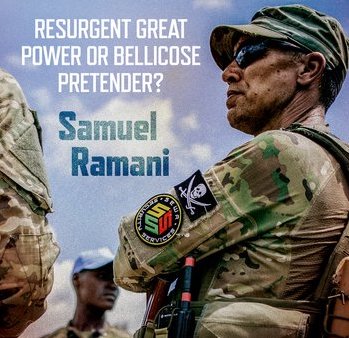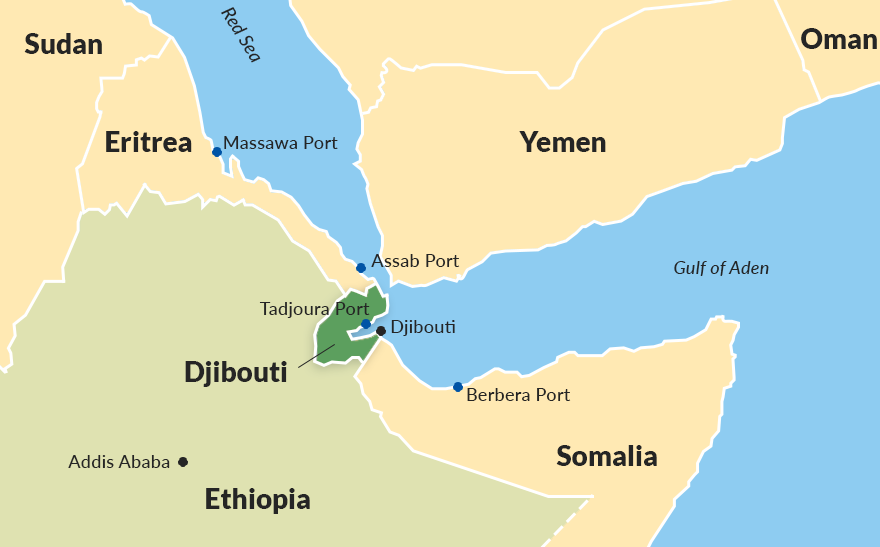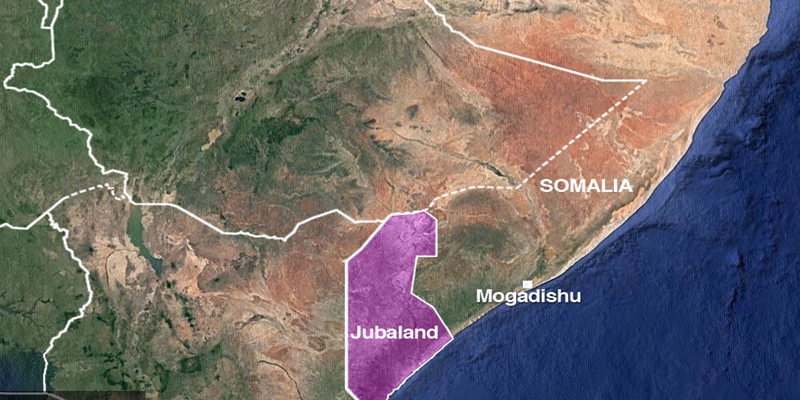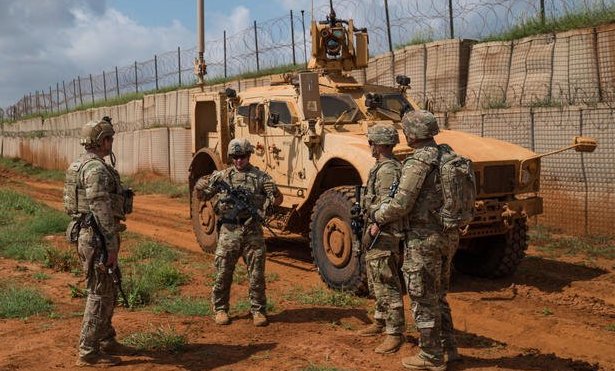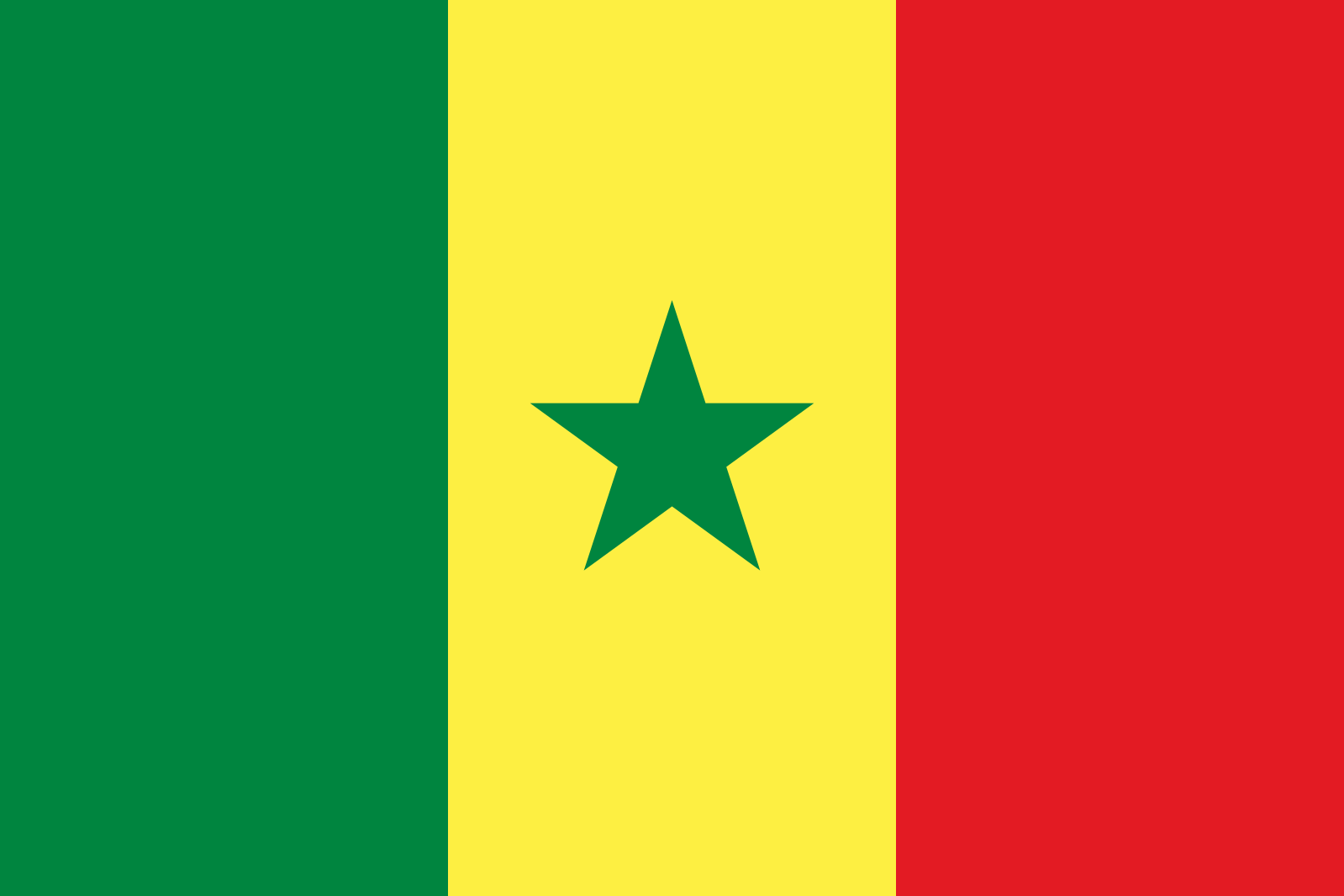
France withdraws last troops in Senegal
France officially transferred control of its last military installations in Senegal to local authorities in a ceremony, bringing to an end the permanent deployment of French troops in the country since Senegal gained independence in 1960. The withdrawal of over 350 troops marks the completion of a process initiated in March, when France began handing over multiple military sites. Unlike in other West African countries, where French forces were expelled amid political tumult, the withdrawal from Senegal was peaceful and coordinated, reflecting France’s broader re-orientation away from its traditional “Françafrique” military footprint. (Image: Wikimedia Commons)




